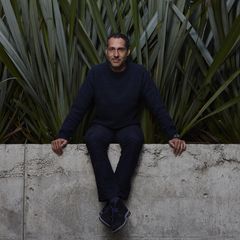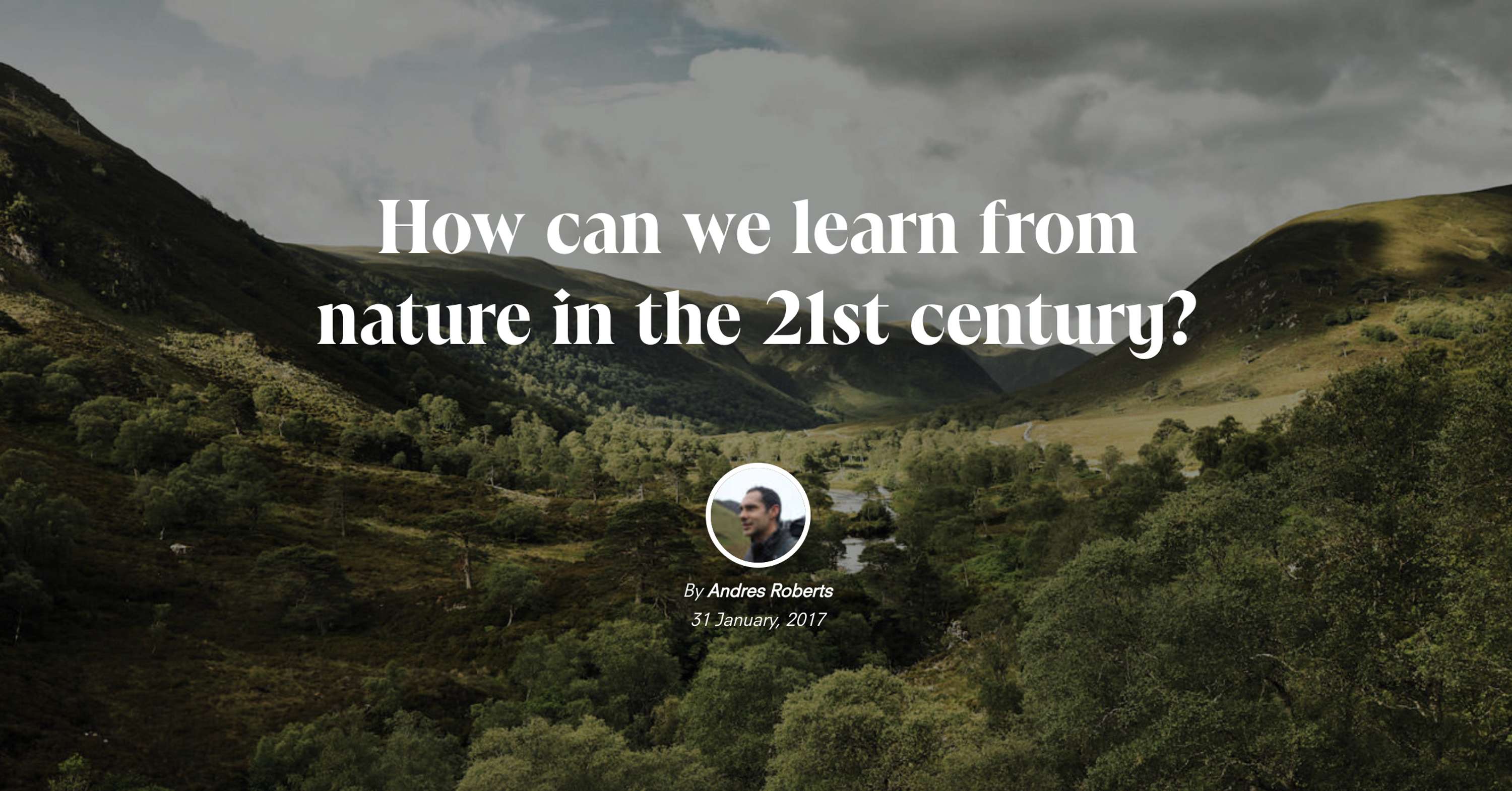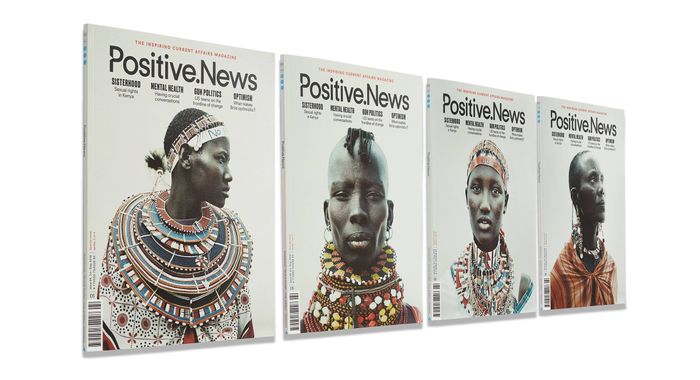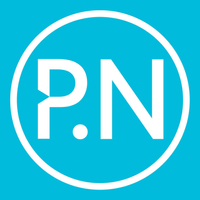We have lost many traditional ways of learning from nature. But what if we could reinstate them in ways fit for modern life? Nature guide Andres Roberts says everybody – from children to business leaders and politicians – can benefit from the ‘university of the wild’
I take people into nature and leave them alone, in beautiful wild spaces, for anything from a few hours to a few days. When I see them again later, they look more alive. They seem brighter, more grounded, more themselves.
This is an exercise inspired by ancient vision quests. The practice is about being alone in the wild, listening deeply and noticing the nature of the world around. We help people prepare for these journeys with awareness skills, relaxation exercises and lessons from traditional cultures. When people go out, they take as few distractions as possible and remain in a small area rather than wandering about. With time and space for real stillness, extraordinary things can come.
Wilderness ‘solos’ help us work with different qualities of being. For example, people often describe a sense of letting go and feeling smaller, while at the same time feeling part of something bigger. Others describe a renewed sense of connection between things. Others talk about understanding cycles and flows and patterns better, not just in nature but in their own lives.
With time and space for real stillness, extraordinary things can come
We have lost many ways of learning with nature. What if we could bring these methods back in new ways, fit for modern life? Imagine if more children were helped through their youth with more space to be wild. What if businesses could tune in to the seasons before venturing into business plans and stock markets? Or imagine politicians rekindling that deep sense of connection, so easily forgotten, before going to work for society.
To venture into the wild, we step across a threshold, leaving behind what we know. In the wilderness we open ourselves to different kinds of understanding. We then return to weave new lessons back into our lives. Perhaps society is standing on this boundary as a whole, perched and paralysed on the edge of wildness, not knowing how to step across.
I can understand why. Outside of practicalities, this stuff is about braving shadows and uncertainty. Opening ourselves to nature means working with the whole cycle of life and death. In a world addicted to perpetual summer, it is not easy to rest in winter. In a world continuously making, consuming and moving, standing still is heretic and horrific.
Imagine politicians rekindling that deep sense of connection, so easily forgotten, before going to work for society
Perhaps we need new language, new frames and platforms, to help us step across these thresholds. This year, I am collaborating with Paul Kingsnorth, co-founder of The Dark Mountain Project, and The European Nature Trust. Together, we are hosting a programme called Fire & Shadow – an eight-month journey delving into the false hope and false hopelessness of our times. Fire & Shadow will begin with a deep retreat at Alladale Wilderness Reserve in north Scotland, where a team is trying to bring back some of the wildness we have lost. It will end in the Carpathian Mountains of Transylvania, Romania, where a team is trying to protect some of the most precious wildness we have. At each retreat we will venture into deep solos on the land. Between the retreats we will work through virtual workshops, conversations and continuous group work. All of the time, we will be seeking to work with deep honesty, shadow, resilience, openness and hope.
Beneath the surface, Fire & Shadow is trying to work more honestly with the story of the 21st century. It is a space for learning with, and as part of, nature. It is a space for exploring shadows as well as lights. It is about acknowledging that we cannot do any of this alone, and that we need a new kind of tribe. And it is about doing these things in the most creative and beautiful ways we can.
What if businesses could tune in to the seasons before venturing into business plans and stock markets?
Perhaps one of the most challenging things about life today is polarisation. Outside of the political, economic and ecological crises we face, we also face a challenge of disconnection at a planetary level. But we have nature in common. Imagine if we returned to nature as a primary place of learning. Imagine if we did this with new a new blend of wildness, creativity, nature, strategy, action and soul.
The future will require us to harness all of our capacities for observation, understanding, connection, resilience and adaptability. We will need to equip ourselves for all of the shadows. Perhaps the future is already here. Perhaps it is time for a wilder, darker, more daring University of the Wild.




